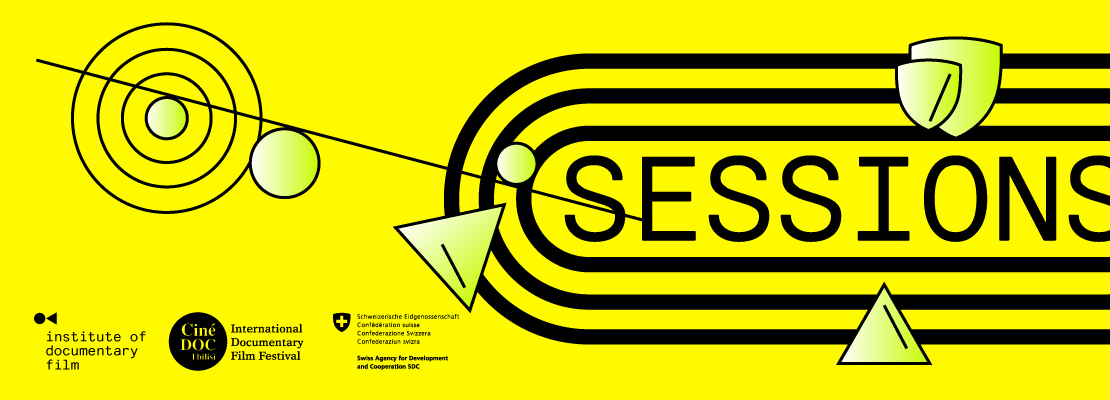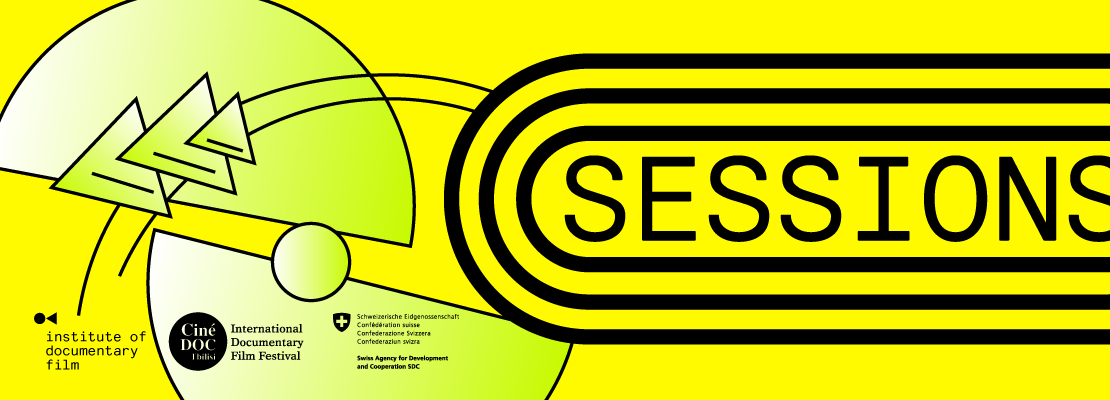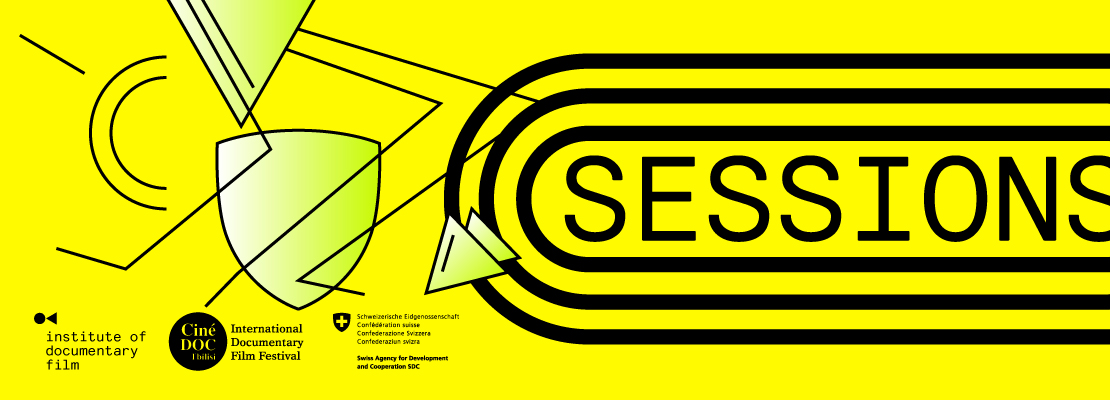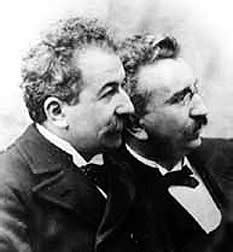


Film Talks
On August 10, 17 and 24, you can enjoy three pre-recorded IDF Industry Sessions which we have prepared in collaboration with CinéDoc-Tbilisi. Watch them on our Facebook page and YouTube channel!
August 10 at 6 pm (CEST)
Protagonists in Fragile Situations – Extended Q&As about I’ll Stand by You
Virginija Vareikytė and Maximilien Dejoie talk about their journey of being co-directors and how they found the story of the film I’ll Stand by You and its protagonists – two women on a challenging mission. They discuss challenges that are connected with difficult topics and how to keep their artistic vision during the whole production. Moderated by Tue Steen Müller.
August 17 at 6 pm (CEST)
Benefits and Challenges in Co-productions – A Case Study of The Last Shelter 
Estelle Robin You in conversation with Tue Steen Müller about her experience with co-production between Mali, South Africa and France. She was in a position of a lead-producer of The Last Shelter and could watch closely the artistic side of the project. Estelle stresses the importance of good and strong relationships between director and protagonists and strong partnerships with other productions and/or training programs.
In cooperation with the French Institute in Georgia.
August 24 at 6 pm (CEST)
How to Prepare Film Material for Editing – A Case Study of Nelly & Nadine
A conversation between Phil Jandaly and Tue Steen Müller. Phil Jandaly discusses his role as an editor during production of Nelly & Nadine. He shares his experience with creating a structure of the film, working with different archive material and editing them with newly-filmed scenes. He stresses how they wanted to keep the mystery during the whole film while keeping the whole aesthetics of the film and overall intimate story.
In cooperation with the French Institute in Georgia.
The Film Mentoring Program of CinéDOC-Tbilisi and these sessions are supported by the Swiss Agency for Development and Cooperation.
The IDF Industry Sessions series is supported by Creative Europe MEDIA, Ministry of Culture of the Czech Republic, Czech Film Fund, Prague City Hall and APA – Audiovisual Producers’ Association.
